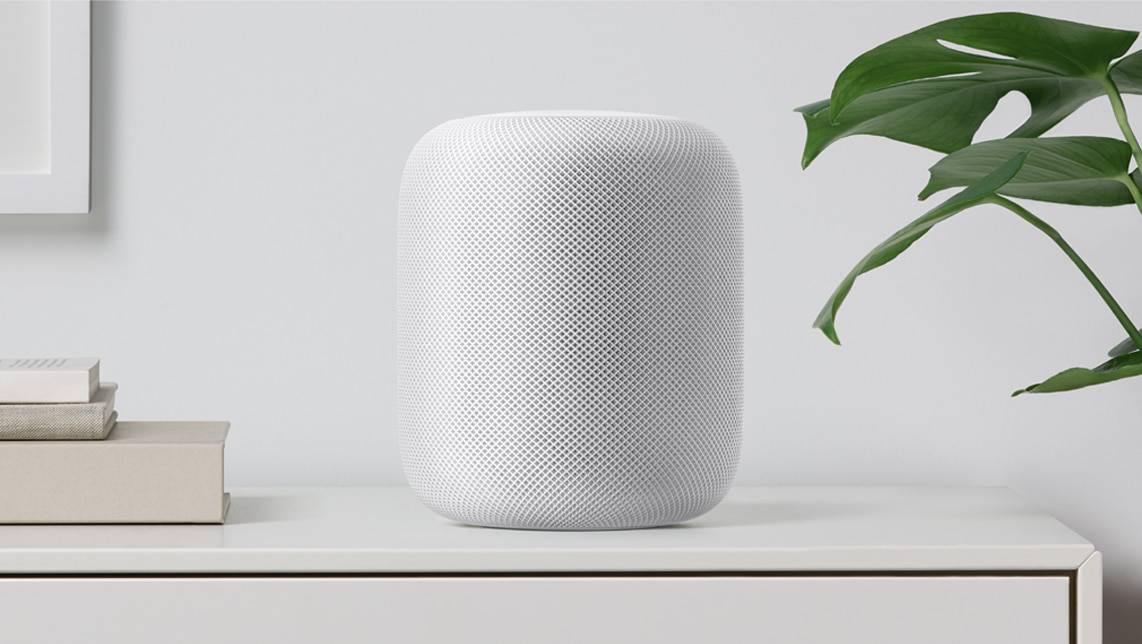Technology is already being put to good use in healthcare, and with new developments come new opportunities. Beyond ‘regular’ medical applications though, technology has always promised that one day, it’ll make our feeble (amazing) human bodies even better. Stronger, faster, more-er.
It’s hardly a new idea – we’ve been hacking genes pretty successfully since the mid-90s and science fiction has often presented (usually terrifying) visions of humans merging with technology.
It’s not just science fiction though. In 2012, bioengineers at Harvard created what was essentially the first cyborg tissue – flesh interwoven with nanowires and transistors. Before that, in 2009, researchers at the University of Pennsylvania successfully designed a flexible electronics circuit that could be implanted into a body and ultimately dissolve.
All of that is to say, technology being integrated into humans isn’t going away, and biohacking will become more commonplace as technology continues to get smaller, cheaper and more advanced – unless there’s the political or ethical kickback to stop it.
But then, the ethics of ‘cyborgs’ was being discussed before the technology had developed enough to make it really relevant, and isn’t something we’re about to tackle here.
What’s my problem?
Essentially, I’m worried about your phone, and your laptop, and your watch – and every other connected device you’ve got in your house. I’m worried about mine too. More than those devices though, I’m worried about our persistent choices to go for the closed-off, locked-down proprietary answers.
I’m worried because as users we consistently reject the notion of open source for the biggest items in our life. And perhaps that makes sense. If something is a premium item, you want it to work perfectly, you want that experience and convenience you’re paying for. You don’t want something perceived as ‘homebrew’.
And perhaps having hugely profitable companies build all our hardware and software, and provide all our services, does make sense, but the downside of it is that we’re now all far more reliant on three or four or five huge businesses every day of our lives. And when those services or devices don’t work, we’re utterly lost and unable to function in a professional if not metaphorical sense.
Transpose that reliance and the ‘digital feudalism’ approach of so many technologies to biohacking and our potential cyborg future and the situation will arise that you no longer have access or ability to do something with your own body because a subscription has lapsed.
[clickToTweet tweet=”You can only access the most recent 10 years on a free plan. Upgrade to restore Lifetime access” quote=”‘We’re sorry, you can only access the most recent 10 years of memories on a free plan, please upgrade to restore Lifetime memories.'”]
Ok, I hear you, that may be taking it a bit far given our current progress but synthetic tissues, self-driving cars (and tractors) and AI sex robots were all just futuristic flights of fancy once, and now all of those things exist in one form or another.
Perhaps worrying about how we’re going to approach the ‘human OS’ is something that should be considered now, rather than later.







